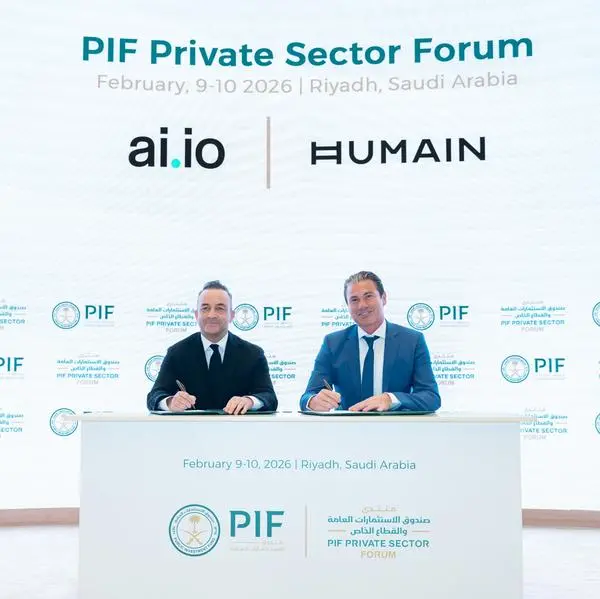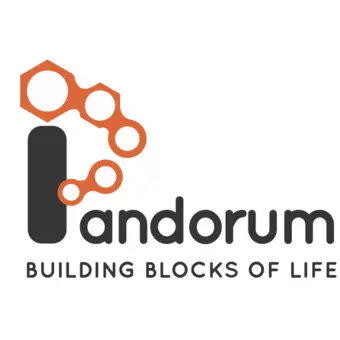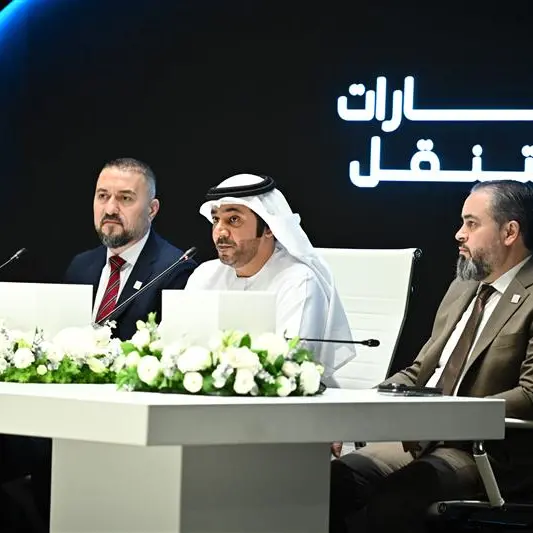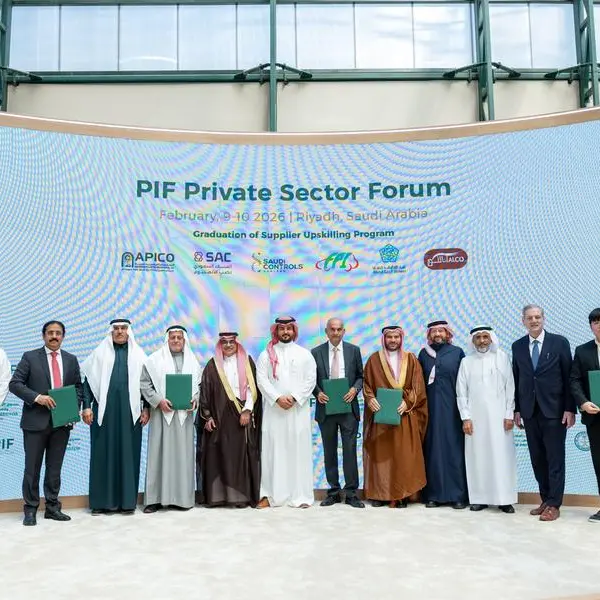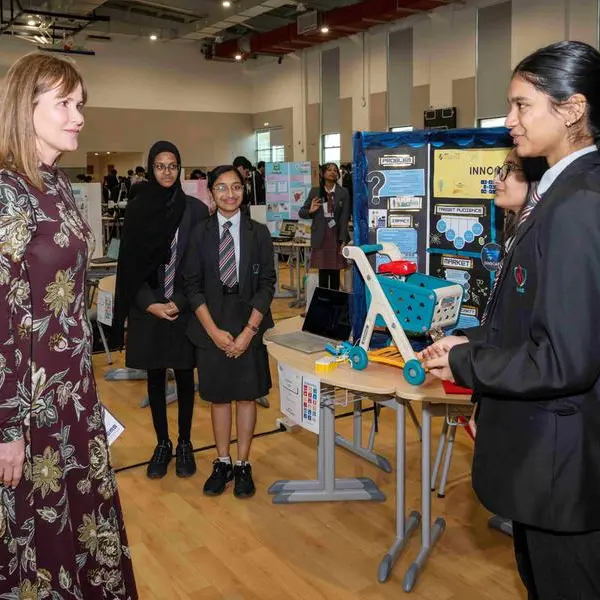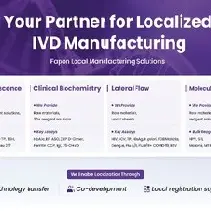Working collaboratively to strengthen the cold chain system of the country’s Expanded Programme on Immunisation (EPI) and reduce infant and under-five mortality rates in Sierra Leone, the United Nations Children’s Fund (UNICEF) in Sierra Leone, with support from the United States Agency for International Development (USAID), today handed over 77 solar powered refrigerators to the Ministry of Health and Sanitation.
These solar powered refrigerators will be distributed to several Peripheral Health Units across the country to strengthen the cold chain system and boost immunization coverage of children under five.
Sierra Leone launched a nationwide roll out of COVID-19 vaccines on 22 March 2021. Since then, as of 26 November 2021, 16% of the eligible population have received at least one dose. Almost 9% of the adult population is fully vaccinated. A total of 699,983 people (16% of 4,283,367 eligible population >18 years) have received at least 1 dose of vaccines; and a total of 376,386 people have been fully vaccinated (4.54% of the total population or 8.79% of the target population > 18 years).
“This donation helps to ensure the provision of consistent and reliable power which holds great potential to expand and improve health care delivery in Sierra Leone. I want to sincerely appreciate USAID and UNICEF for the good gesture.” said Dr. Austin Demby, Minister of Health and Sanitation.
This equipment will provide conducive storage facilities for essential lifesaving vaccines and enhance the productivity and efficiency of health workers in providing adequate health care support to under-five children, especially those living in hard-to-reach areas in the country.
The donation of these solar powered refrigerators is timely; last December Sierra Leone reported the first known cases of circulating vaccine-derived poliovirus type 2 (cVDPV2). As of now, there are a total of 14 cVDPV2 cases confirmed in the country.
“The US Government is proud to partner with UNICEF to help store and bring vaccines – both COVID-19 and childhood vaccines – to the people of Sierra Leone. Together we can save lives,” said US Ambassador to Sierra Leone, Mr. David Reimer.
According to data collected and released in 2020 by the World Health Organization, UNICEF, Gavi and the Sabin Vaccine Institute, the provision of routine immunisation services has been substantially hindered on a global scale by the COVID-19 outbreak. Health delivery systems are overstretched, responding to the current COVID-19 outbreak, while some children have fallen behind on their immunisation schedules because some parents were unable to leave home due to movement restrictions, lack of information, or fear of infection with the COVID-19 virus.
“A sustainable immunisation programme (both for COVID-19 vaccine deployment and routine immunization), is dependent upon the availability of a standard cold chain system for effective vaccines management,” said Ms. Liv Elin Indreiten, UNICEF Representative (OIC) in Sierra Leone.
“It is therefore critical that under-five children continue to have access to routine vaccines, which will protect them against childhood illnesses such as polio, measles, and diphtheria in order to prevent outbreaks of vaccine preventable diseases alongside the COVID-19 pandemic.”
UNICEF will ensure the transportation and installation of this equipment to various health facilities in the country and ensure that technicians and users are trained on preventive maintenance and management.
To date, the United States has donated hundreds of thousands of COVID-19 vaccines to the Government of Sierra Leone and has supported the acceleration of vaccine deployment through support to UNICEF for risk communication and social mobilization.
With support from GAVI, UNICEF worked to provide ongoing support to Sierra Leone’s EPI programme, including through strengthening effective vaccine management practices, engaging communities to create vaccine demand, provision of additional solar refrigerators for vaccine storage and the procurement and delivery of vaccines, including during the peak period of COVID-19, when most air companies were not operating.
Distributed by APO Group on behalf of U.S. Embassy in Sierra Leone.
© Press Release 2021
Disclaimer: The contents of this press release was provided from an external third party provider. This website is not responsible for, and does not control, such external content. This content is provided on an “as is” and “as available” basis and has not been edited in any way. Neither this website nor our affiliates guarantee the accuracy of or endorse the views or opinions expressed in this press release.
The press release is provided for informational purposes only. The content does not provide tax, legal or investment advice or opinion regarding the suitability, value or profitability of any particular security, portfolio or investment strategy. Neither this website nor our affiliates shall be liable for any errors or inaccuracies in the content, or for any actions taken by you in reliance thereon. You expressly agree that your use of the information within this article is at your sole risk.
To the fullest extent permitted by applicable law, this website, its parent company, its subsidiaries, its affiliates and the respective shareholders, directors, officers, employees, agents, advertisers, content providers and licensors will not be liable (jointly or severally) to you for any direct, indirect, consequential, special, incidental, punitive or exemplary damages, including without limitation, lost profits, lost savings and lost revenues, whether in negligence, tort, contract or any other theory of liability, even if the parties have been advised of the possibility or could have foreseen any such damages.

